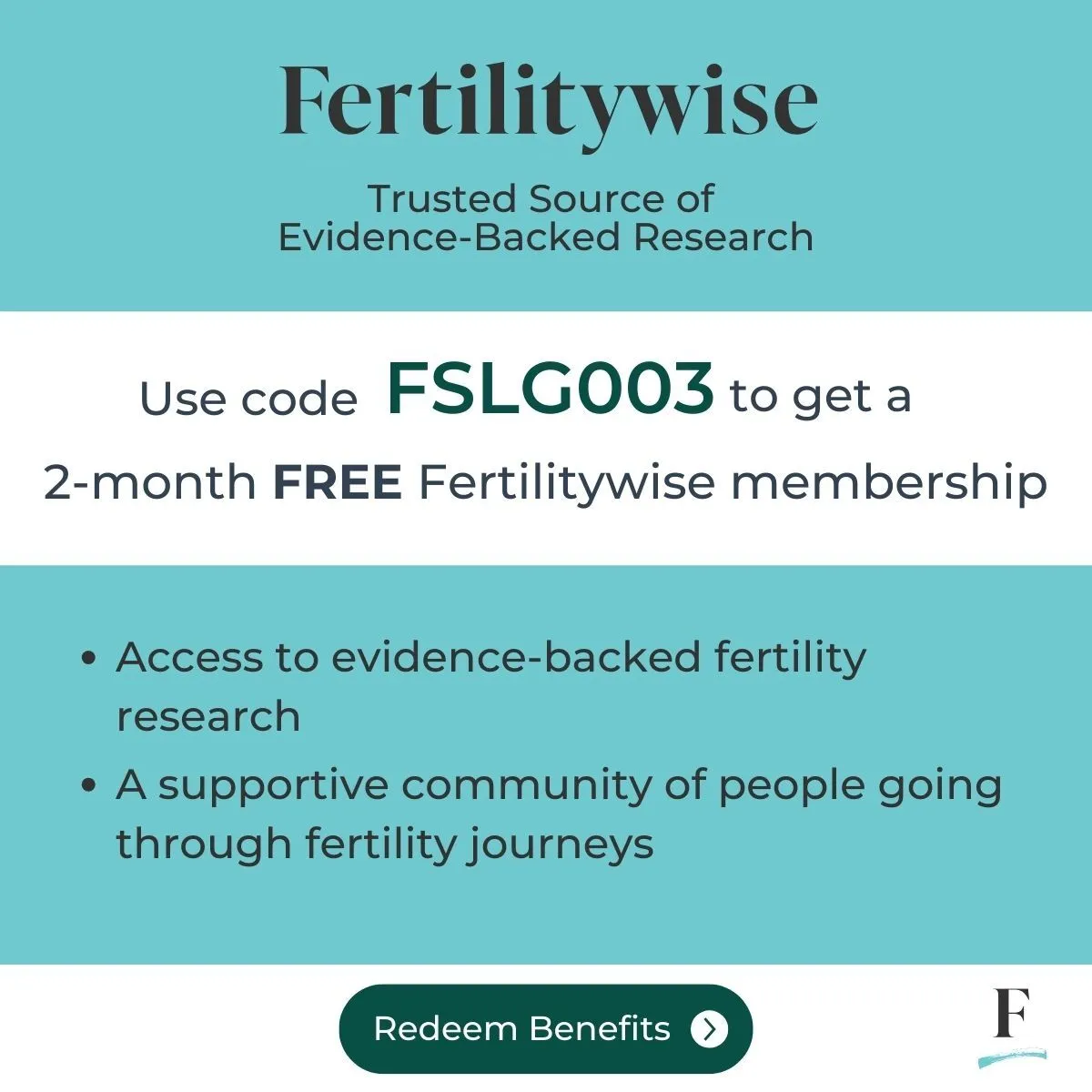Surrogacy and donation agreements are legal contracts that outline the rights and responsibilities of the parties involved in assisted reproduction. In California, surrogacy and donation agreements are governed by the Surrogacy Parental Rights Act, which went into effect in 2013.
Surrogacy?
Surrogacy is the process of carrying and delivering a child for another person or couple who cannot conceive or carry a child on their own. There are two types of surrogates.
A traditional surrogate is a woman who provides her own eggs and is inseminated with the sperm of the intended father or a donor. A gestational carrier is a woman who carries an embryo that is genetically unrelated to her and was created using the eggs and sperm of the intended parents or donors.
Donation is the process of providing eggs, sperm or embryos for use by another person or couple who want to have a child. Donors can be anonymous or known to the recipients. Donors can also be compensated or altruistic.
Surrogacy and donation agreements
Surrogacy and donation agreements are important because they protect the interests and expectations of all parties involved. They also help to avoid any potential conflicts or disputes that may arise during or after the pregnancy.
Surrogacy and donation agreements typically include the medical procedures and risks associated with surrogacy or donation, and the compensation and expenses for the surrogate or donor. They also include the legal rights and obligations of the surrogate or donor regarding the child, as well as the legal rights and obligations of the intended parents regarding the child.
The agreements also include the contingency plans for any complications or changes in circumstances. And, the confidentiality and privacy of the parties.
California law
In California, surrogacy and donation agreements must be signed by all parties before any medical procedures take place. They must also be witnessed or notarized by a third party. Additionally, surrogacy and donation agreements must comply with the state laws and regulations regarding assisted reproduction.

